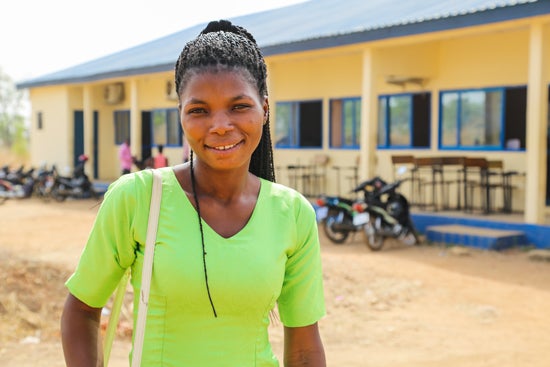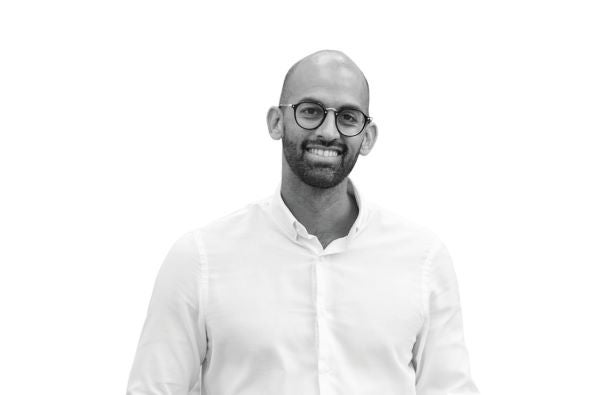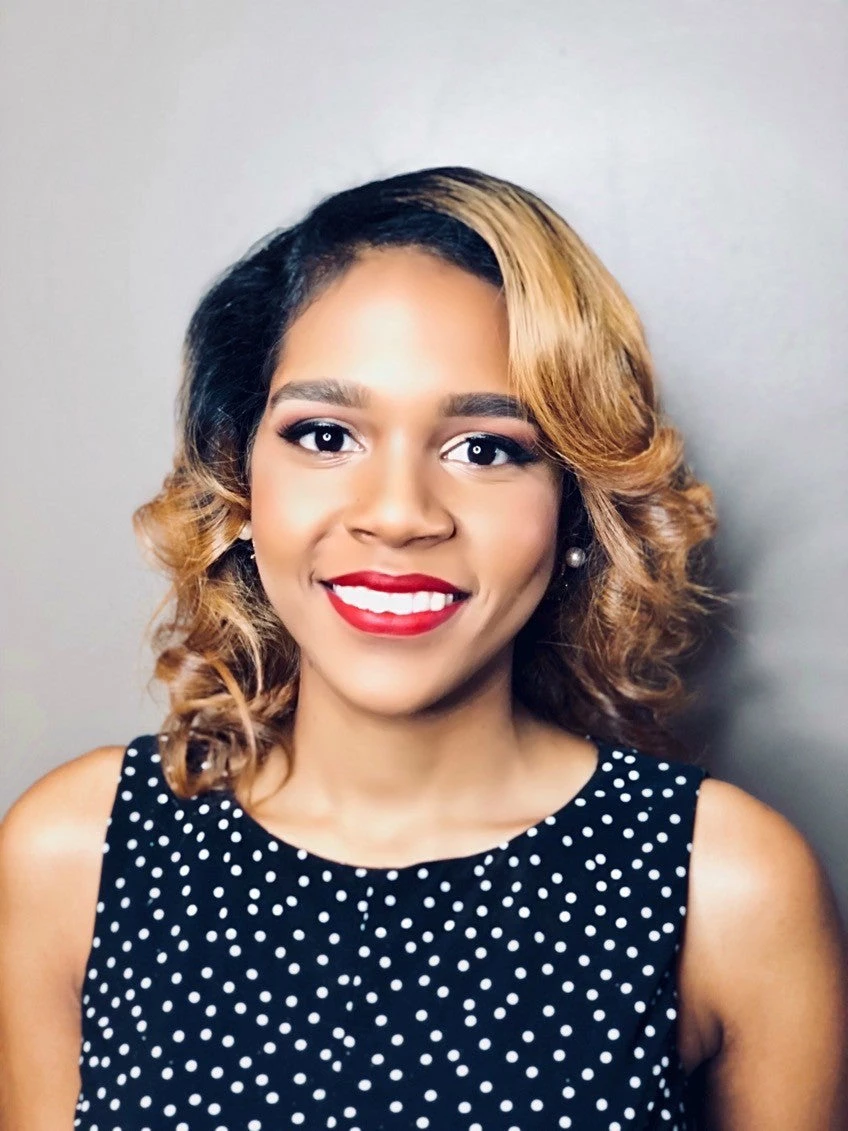 Reminder to citizens of health instructions to follow in confinement. Madagascar. Photo: © The World Bank
Reminder to citizens of health instructions to follow in confinement. Madagascar. Photo: © The World Bank
The World Bank Group has been helping countries reinforce their health infrastructure and bolster economic recovery during the pandemic. The Bank’s health response addresses emergency containment and mitigation needs for the coronavirus (COVID-19), including strengthening countries’ health systems to treat severe cases and save lives.
Many members of the Bank-supported S4YE Youth Advisory Group (YAG) live in countries whose health care systems are struggling to manage the crisis. Some YAG members are adopting their own initiatives to support existing public and private sector measures.
From baskets to sanitary items

YAG member Dorcas Apoore Asige is the founder of Advocacy for Social Inclusion and Girls Education (ASIGE) in Ghana. ASIGE has trained women in turning waste materials into bags and baskets, as well as using straw and raffia to weave baskets. Women’s Basket Weaving is a strategic long-term project to help eliminate poverty among women and youth.
Since the outbreak of COVID-19, ASIGE has transitioned to producing sanitary items and masks for young women in Ghana’s high-risk communities. Currently, the team consists of three women and four youth who make the masks. The materials are sourced in a local market approved by the Food and Drugs Authority of Ghana. This initiative has helped to create jobs for women and young people during the crisis.
ASIGE has distributed 450 masks in Ghana and have exported over 200 masks to other countries such as the United Kingdom. ASIGE is also providing food for their workers to help manage the economic burden on employees.

Making masks in Mozambique

Another YAG member who has been involved in managing health care challenges is Frederico Silva. Frederico is piloting a project that will enable housekeepers in quarantine in Mozambique to learn to make their own masks to sell and distribute within local lower-income communities. This will help ease the burden of health facilities providing masks, as well as empower local citizens. The initiative involves sharing a manual and video with instructions, and the fabric and other necessary materials to make the masks. Frederico will be sharing this project online through the Business Simulation Bootcamp, a youth business bootcamp in Mozambique.
In addition, his former company UX, which he co-founded, partnered with the Ministry of Health in Mozambique to develop an online self-diagnostic application for COVID-19. The platform launched on April 8 and had 22,000 visits on its first day. It consistently receives about 1,000 visits per day. A yes-no questionnaire assesses the likelihood of each user being infected. At the end of the assessment, recommendations and contact information for health authorities are provided depending on the degree of risk. The company ensures that health privacy is protected.
This is the third blog in the S4YE Youth Advisory Group COVID-19 Blog Series. The next blog in the series will talk about how young people are maximizing social media as a tool in the COVID-19 crisis.


Join the Conversation